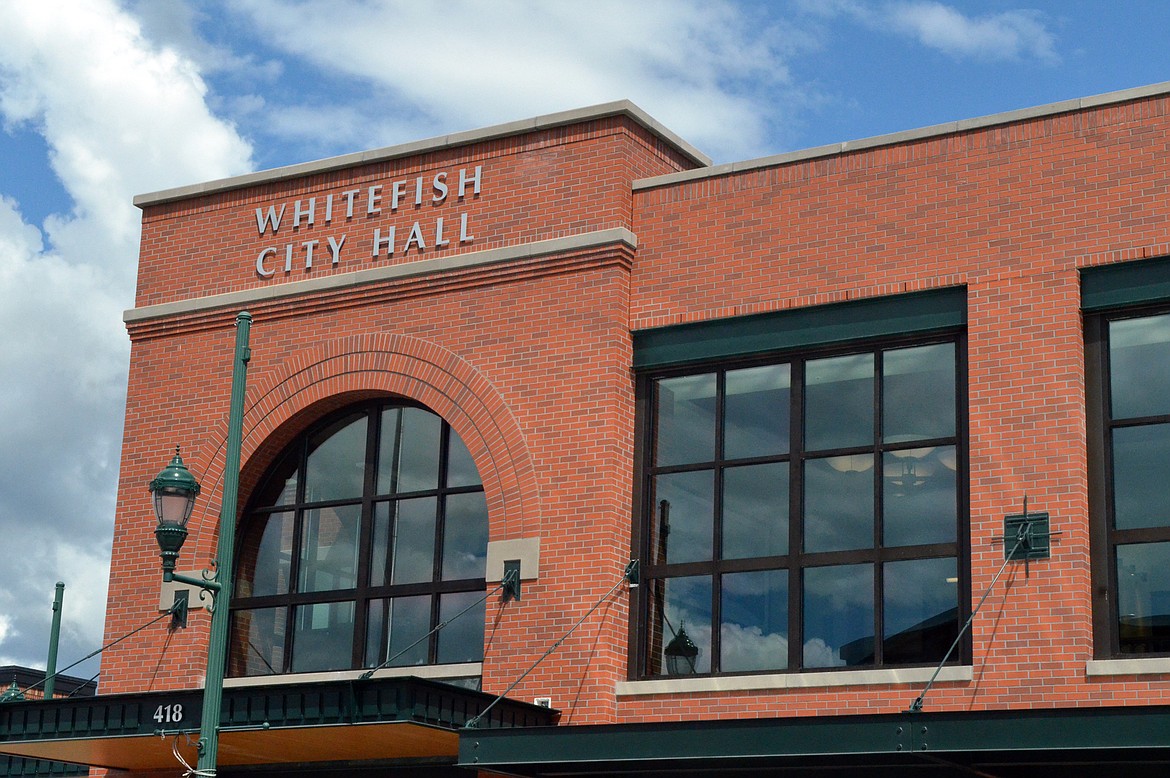Federal lawsuit over Whitefish’s impact fees allowed to move ahead
A federal judge will allow a class-action lawsuit alleging the city of Whitefish has been overcharging for impact fees for new development to move forward.
A jury trial has been scheduled in the case filed in the U.S. District of Montana last year for July 2024.
Plaintiffs in the suit include individuals or companies that applied for building permits with the city and were charged impact fees for water and wastewater services. U.S. Magistrate Judge Kathleen DeSoto ruled Sept. 29 that the lawsuit could continue as a class action involving those who have paid such impact fees to the city since January 2019.
Impact fees are one-time charges for new development or remodels to compensate for the cost of public infrastructure required to provide services. State law allows local governments to charge impact fees, but provides limitations on how those fees may be established and calculated.
The lawsuit alleges that the city unlawfully inflated impact fee rates. It claims the city charged fees inconsistent with the impact of development, that there are inaccuracies in the way the fees were calculated and that planned future projects were erroneously included in setting fees.
“These impact fees greatly exceed reasonable compensation for the actual impacts of new development, remodels and renovations on water and wastewater services in the city,” the lawsuit alleges.
Whitefish officials in September 2021 admitted they made an error in calculating impact fees that likely resulted in overcharges for new developments and planned to issue refunds accordingly.
City Manager Dana Smith at the time acknowledged that city staff made an error that likely resulted in overcharges, saying the city would review its records to determine refunds.
The error was initially revealed after Whitefish residents Paul Gillman and Bill Burg brought forward concerns about the city’s calculation of impact fees after Gillman began examining the impact fees after looking at constructing a home addition.
The plaintiffs argue that the city should be issuing refunds to the holder of the building permits rather than the current property owner because that is the individual who paid the fees.
Whitefish in 2018 hired Financial Consulting Solutions Group, a utility rate consulting company, to study and provide an update on the maximum impact fee rate it can lawfully charge.
The city contests the allegations in the lawsuit, but in December 2022 filed a third-party complaint against FCS Group noting that if the allegations are true then FCS breached its contract with the city by recommending impact fees that failed to comply with federal, state and local laws. As a result, the city says it should be held harmless because of the company’s “negligent performance.”
FCS denies any wrongdoing and allegations it failed to comply with the law. It did agree to hold Whitefish harmless if damages result because of negligence on the company’s part. However, FCS said it would not be held accountable for negligence by the city.
After City Council in 2019 passed resolutions, Whitefish twice set new, higher impact fee rates for the infrastructure areas it collects fees for, including water and wastewater services.
Whitefish has been charging impact fees since 2007.
Under state law, cities are required to review and update impact fee studies every five years.
Plaintiffs include Jeff Beck, Robert Odenweller, Terri Odenweller, Amy Weinberg, Zac Weinberg, Alta Views, LLC and Riverview Company, LLC. Attorneys with the Laird Cowley of Missoula and the Odegaard Kovacich Snipes of Great Falls are representing the plaintiffs.
Whitefish is represented by Hammer, Quinn & Shaw of Kalispell.
Features Editor Heidi Desch may be reached at 758-4421 or hdesch@dailyinterlake.com.

